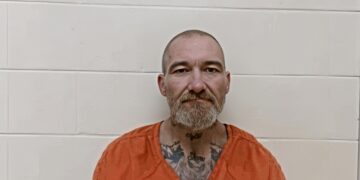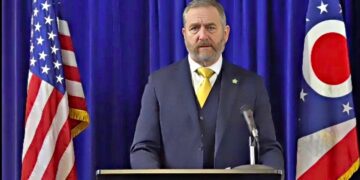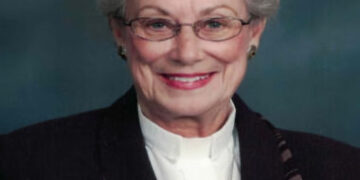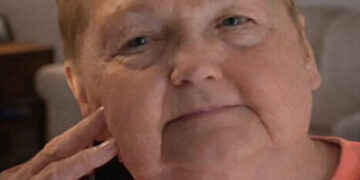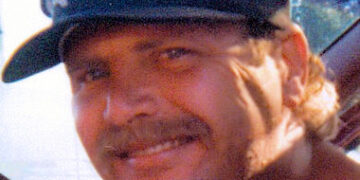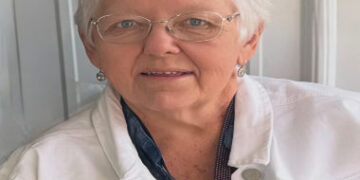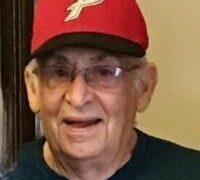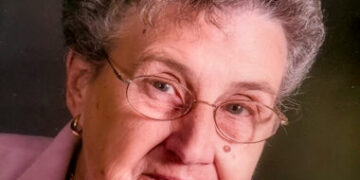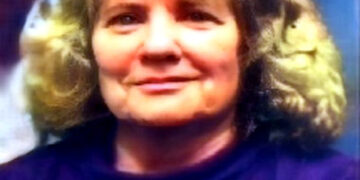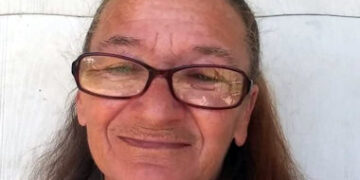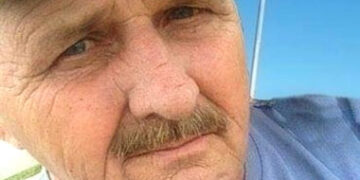Ohio Attorney General Dave Yost and Mount Carmel Health System President/CEO Lorraine Lutton today announced a new training initiative for Ohio health-care professionals to help identify survivors of human trafficking in health-care settings.
“When it comes to helping people in trafficking situations, everyone is a first responder,” AG Yost said. “This is one more tool we can give health-care professionals statewide to be trauma-informed in their practice. The knowledge Mount Carmel is lending to this partnership is invaluable.”
The trainings, which include videos and an accompanying Facilitator’s Discussion Guide, were created by the AG’s Human Trafficking Commission and are based on real-life scenarios. The training seeks to educate health-care providers statewide on how to identify potential survivors of human trafficking and respond appropriately.
Mount Carmel Health System lent a forensic nurse, who chairs the commission’s Health Care Subcommittee, and donated the use of its Center for Innovative Learning simulation lab to provide a real-world setting for the training videos.
“At Mount Carmel Health System, caring for the most vulnerable in our community is central to our mission, which is why we are proud to be a partner of The Ohio Attorney General’s Human Trafficking Commission’s Healthcare Subcommittee,” Lutton said. “We are extremely proud of our team who is working every day to help members of the community who are impacted by human trafficking. Our team’s leadership and the tireless work of the subcommittee for this project will ensure high-quality, compassionate care for victims and survivors across the state.”
Relying on research from the National Institutes of Health showing that an overwhelming majority of trafficking survivors access health care yet go unidentified as victims, the Health Care Subcommittee identified a statewide knowledge gap: the ability to safely recognize, treat and provide intervention to trafficking survivors in health-care settings.
Here are synopses of the first two training videos, which were released today:
- Scenario 1: Labor and Delivery setting with a patient and a visitor. This scenario follows a pregnant 34-year-old patient who enters a hospital Labor and Delivery unit after her water has broken. Viewers learn about potential red flags of a possible trafficking victim, including physical and psychological symptoms. Safety concerns, such as who accompanies the patient in the health-care setting, are also addressed, as is the general safety of both the patient and the health-care staff.
- Scenario 2: A parent as a potential trafficker of a minor. This scenario follows a 15-year-old female who presents to a Family Health department for a same-day appointment. The video provides important information regarding the age of consent and treatment for a minor, as well as mandated reporting guidelines. Also addresses are red flags of a potential trafficking victim who is a minor, social determinants of health, and adverse and positive childhood experiences.
“We know that 88% of those in the life of human trafficking have had some form of contact with healthcare, yet their exploitation was not always recognized,” said Heather Wilde, Forensic Coordinator for the Forensic Department at Mount Carmel Health, and chair of the AG’s Human Trafficking Commission Healthcare Subcommittee. “These videos and accompanying guide will be an excellent tool for all healthcare agencies, nursing schools, and all healthcare workers to better understand this patient population. I am grateful to all the members of the subcommittee for their dedication to this work, and to all the healthcare workers who will undergo this trauma-informed and survivor-informed education to prepare for the work ahead.”
“As a survivor and ambassador, I am glad to be able to lend my lived experience to this project,” said Stephanie Rollins, ambassador to the commission. “Healthcare professionals are trained to tend to the medical needs of their patients. Still, when working with those experiencing human trafficking, healthcare professionals have a unique opportunity to be that compassionate and caring person that might help someone living through very challenging circumstances and ultimately change their life.”
The training videos, which can be found on the Ohio Attorney General’s website, are intended for use by health-care professionals statewide – preferably in a classroom setting with a designated facilitator. Additional training videos are forthcoming.
Ohio Attorney General Yost formed the Human Trafficking Initiative (HTI) in 2019. For more information about the HTI, the Human Trafficking Commission and their work, click here.

